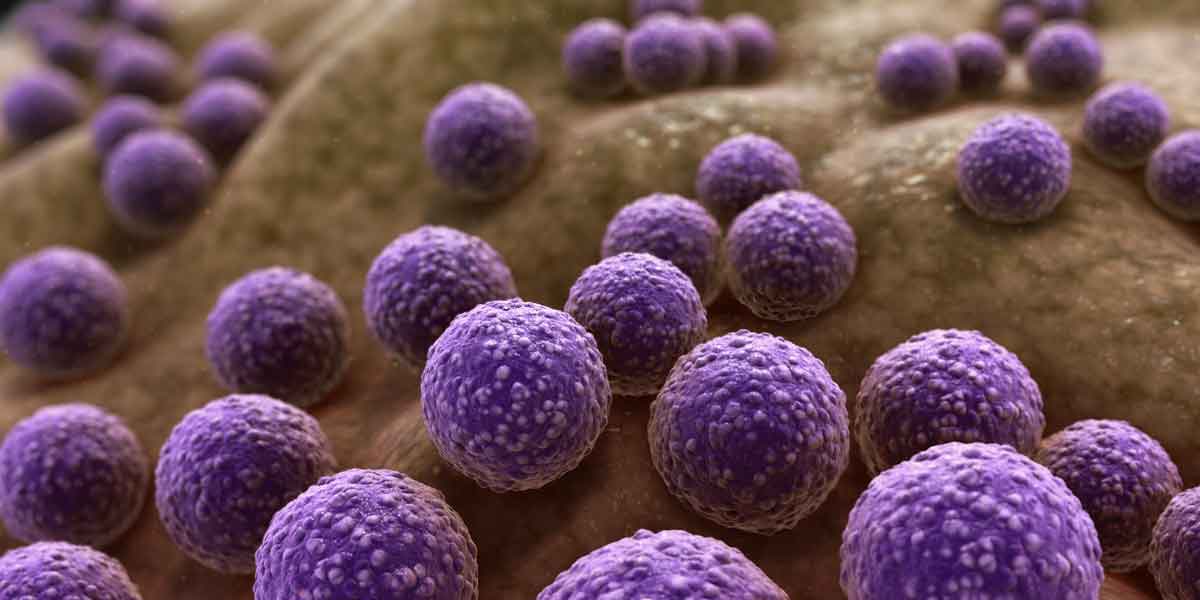The latest World Health Organization (WHO) COVID-19 Situation Report of the Philippines showed that only 36.8% of children aged 5-11 years old have gotten their first dose of the COVID-19 vaccine.
Physicians warn that children and adolescents remain susceptible to infection of COVID-19[1].
With the on-going face-to-face classes, physicians have urged parents and parent figures to have their children vaccinated for COVID-19. Dr. Philip S. Nakpil, Medical Director at Zuellig Pharma Therapeutics, echoed the call of doctors worldwide to vaccinate children: “The longer we wait to get our children vaccinated, the higher the chances that we are putting our children’s long-term health at risk. Children who are now back in school are in an environment that increases their risk of getting sick, moreover, increases the possibility of bringing the virus home and infecting the family.”
The pediatric COVID-19 vaccine such as Moderna mRNA vaccine and other approved COVID-19 vaccines can protect children from 5-11 years old from the severe effects of COVID-19. [2]These vaccines also aid in protecting the entire family—especially those at risk, such as infants and the elderly, or those with comorbidities. In fact, outbreaks of COVID-19 have previously been identified in schools, children’s camps, and day care centers, where children were less likely to observe physical distancing or wearing of masks to reduce risk of transmission[3].
Studies have shown that children are more likely to experience milder symptoms or be asymptomatic to COVID-19, which leads to less children and adolescents being tested, resulting in unreported cases[4]. This increases the risk of them infecting other children or bringing the virus home—where it can remain undetected in the child while infecting the household.
Several risk factors for severe COVID-19 in children have been reported, including obesity and pre-existing conditions. The pre- existing conditions associated with higher risk of severe COVID-19 include type 2 diabetes, severe asthma, heart and pulmonary diseases, seizure disorders and other neurologic disorders, neurodevelopment (e.g., Down Syndrome) and neuromuscular conditions[5], and moderate to severe immunocompromising conditions.
Reports from the Philippine Department of Health have reflected that most children who died due to COVID-19 were unvaccinated children[6],[7]. As such, Nakpil urges Filipino parents and parent figures to check with their pediatricians and apply for the vaccine through their Local Government Units: “the COVID-19 vaccine protects children from the severe and long-term effects of the virus, ultimately creating a safer environment for kids to be kids.”
[1] WHO. COVID-19 disease in children and adolescents. Geneva; 2021 21 September
[2] https://hta.doh.gov.ph/2022/10/20/htac-recommendation-on-covid-19-moderna-for-children-6-to-11-years-old/
[3] https://www.who.int/news/item/11-08-2022-interim-statement-on-covid-19-vaccination-for-children
[4] WHO. COVID-19 disease in children and adolescents. Geneva; 2021 21 September.
[5] Shi Q, Wang Z, Liu J, Wang X, Zhou Q, Li Q, et al. Risk factors for poor prognosis in children and adolescents with COVID-19: A systematic review and meta-analysis. EClinicalMedicine. 2021;41:101155.
[6] https://www.pna.gov.ph/articles/1167226
[7] https://www.davaocity.gov.ph/covid-19/parents-told-anew-to-have-kids-immunized-amid-2-covid-19-unvaxxed-deaths-among-younger-age-groups/
























Comments are closed.